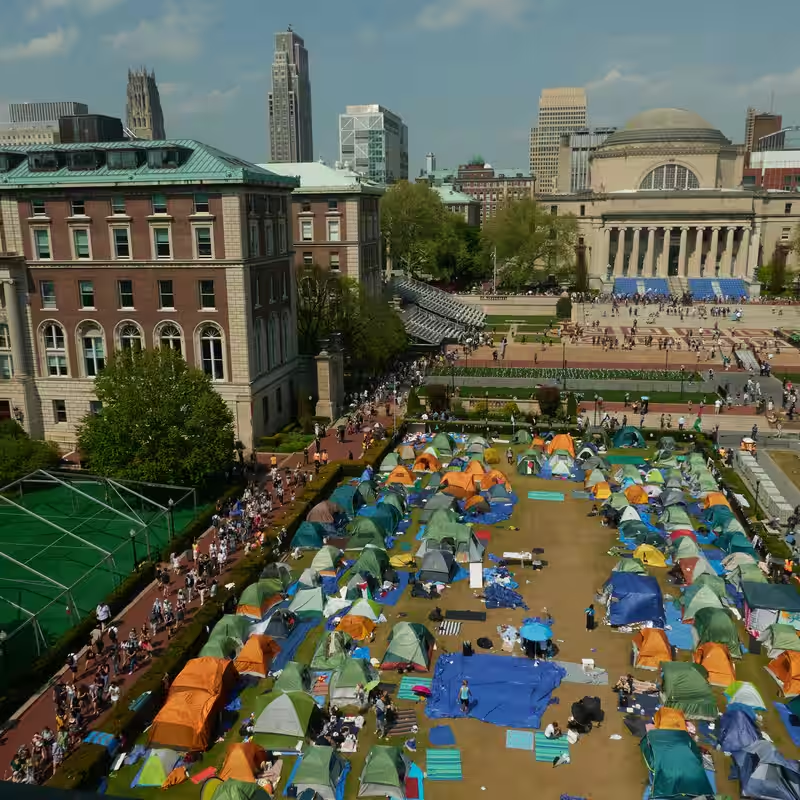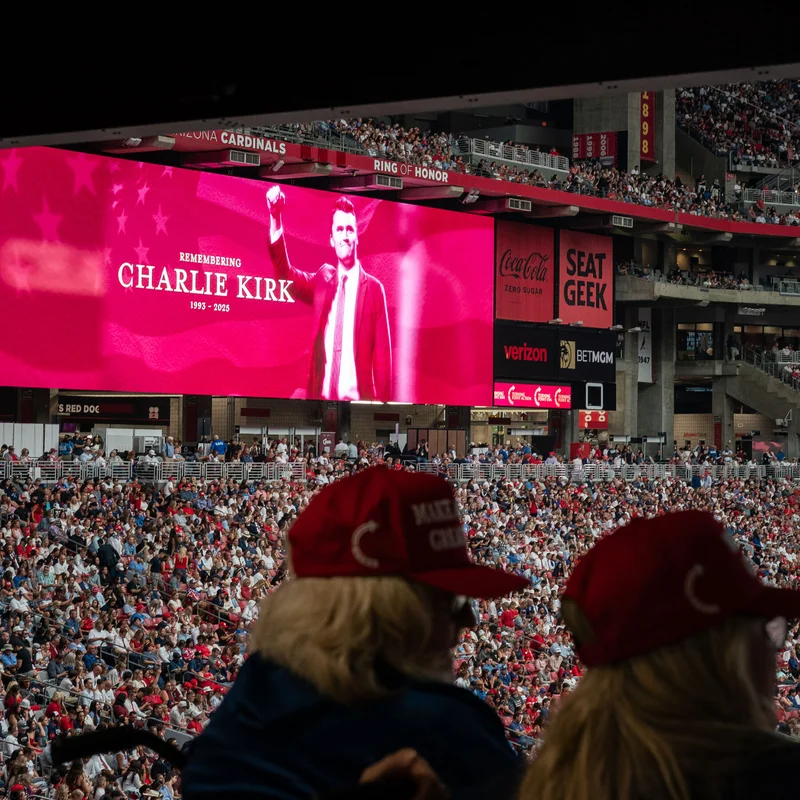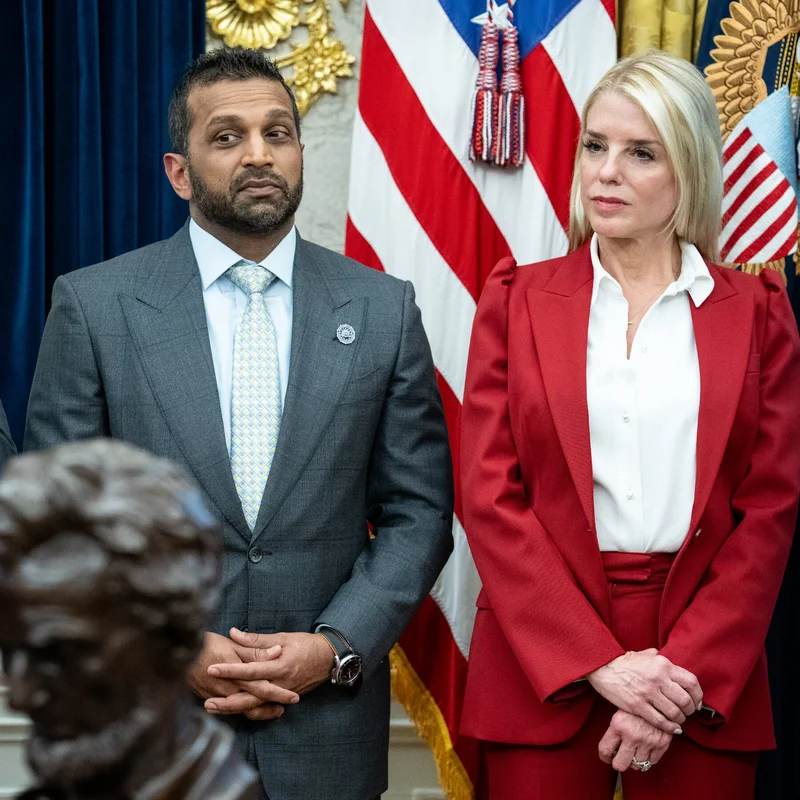Table of Contents
- Spring Uprising: The Largest Campus Movement in Decades
- The Crackdown Begins: Suspensions, Expulsions, and Police Raids
- Republican Pressure and State Legislation
- The Chilling Effect on Student Organizing
- What Activists Say: ‘We’re Not Gone—Just Smarter’
- Sources
Spring Uprising: The Largest Campus Movement in Decades
In the spring of 2024, college campuses across the United States erupted in protest. From Columbia University to UCLA, students built encampments, held teach-ins, and demanded their universities divest from companies tied to Israel’s war in Gaza. It was the largest wave of campus activism since the Vietnam War—energetic, diverse, and unapologetically vocal.
At its peak, the movement spanned over 130 campuses. Tens of thousands of students participated. National media coverage was constant. And for a moment, it seemed the student voice might shift U.S. foreign policy.
The Crackdown Begins: Suspensions, Expulsions, and Police Raids
But by late 2024 and into 2025, the energy began to wane—not because students lost interest, but because institutions responded with unprecedented discipline.
Universities, under intense political scrutiny, imposed harsh penalties:
- Columbia University: Suspended over 30 students; revoked degrees for others.
- University of Texas: Banned student groups involved in pro-Palestinian organizing.
- Arizona State: Partnered with local police to dismantle encampments within hours.
- University of Florida: Required students to sign “behavioral contracts” to attend rallies.
“They didn’t just punish actions—they punished association,” said Leila Hassan, a former student organizer at NYU. “If you were seen near a tent, you got a warning. If you posted online, you got a meeting with campus security.”
Republican Pressure and State Legislation
The disciplinary wave was no accident. It followed a coordinated campaign by Republican lawmakers who labeled the protests as “antisemitic,” “disruptive,” and even “terrorist-adjacent.”
In Congress, Senator Tom Cotton introduced the Campus Accountability Act, threatening to cut federal funding to universities that allowed “unauthorized demonstrations.” At the state level, 17 Republican-led legislatures passed laws tying university budgets to “campus order.”
| State | Law Passed | Impact on Campuses |
|---|---|---|
| Florida | “Public Order on Campus” Act | Mandatory expulsion for protest-related trespassing |
| Texas | HB 2800 | Universities must report “disruptive” students to state database |
| Georgia | Senate Bill 312 | Prohibits use of university funds for “political advocacy” |
“This wasn’t about free speech,” said Dr. Marcus Chen, a sociologist at Duke University. “It was about neutralizing a movement that made powerful people uncomfortable.”
The Chilling Effect on Student Organizing
Today, visible Gaza protests on major campuses are rare. Encampments have vanished. Public rallies are few. Many student groups have gone underground—hosting private discussions, using encrypted apps, or shifting focus to voter registration and local solidarity work.
Enrollment in Middle East studies courses has dropped at some schools, students say, out of fear of being flagged. Faculty report self-censorship in syllabi. And prospective students are asking: “Is this campus safe for Palestinian voices?”
What Activists Say: ‘We’re Not Gone—Just Smarter’
Despite the setbacks, organizers insist the movement hasn’t died—it’s evolved.
“They broke our tents, not our resolve,” said Amir Khalaf, a graduate student at the University of Michigan. “Now we’re building coalitions with labor unions, faith groups, and city councils. We’re running for student government. We’re writing op-eds instead of spray-painting banners.”
Recent polling by the Institute for College Access shows that 61% of undergraduates still support a ceasefire in Gaza—unchanged from 2024. But only 12% say they’d join a public protest today, citing fear of academic or legal consequences.
As one organizer put it: “They wanted silence. What they got was strategy.”
Sources
The New York Times: What Happened to Campus Activism Against the War in Gaza?




